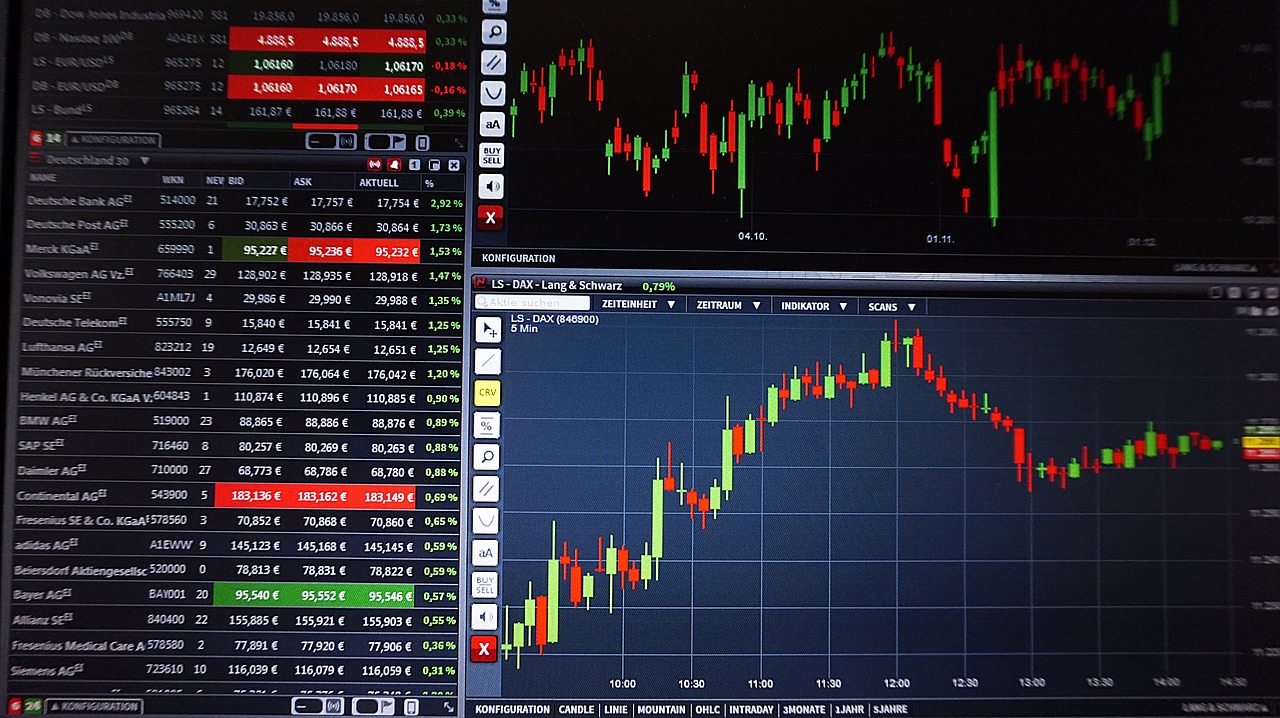Financial trading is an activity in which a person, firm, or entity buys and sells financial instruments such as stocks, bonds, cryptocurrencies, and derivatives. In other words, a trader is a person who buys and sells securities, typically with the intent of making a profit. Traders take on risks by predicting market trends and making a profit by taking a percentage of the value of their investments at https://the-ethereumcode-pro.com/.
Table of Contents
Traders are involved in the buying and selling of financial securities
The purchasing and selling of financial securities involves a variety of different transactions. Financial markets consist of exchanges, over-the-counter markets, foreign exchange, and derivatives. These markets enable holders of financial securities to sell them at will, which is essential to the functioning of the market. In addition, liquidity is necessary for trading, as markets without it would be less efficient. But what are financial traders?
Traders are responsible for the analysis, risk management, and capital management of securities. They often engage in sales with counterparts from other banks and firms. There are two primary types of trading: agency trading and proprietary trading. The two major types are listed below. Financial traders specialize in one area or another within the same industry. Some specialize in specific types of instruments, such as government bonds and corporate bonds.
They make their money by predicting market movements
There are two major ways to profit in the stock market. In a day trading environment, successful traders can rake in six-figure profits by accurately predicting movements in individual stocks. A successful day trader may also dabble in penny stocks, or get lucky every once in a while. It is important to keep in mind that day trading is not profitable for everyone. Read on to learn how to become a successful day trader and avoid common mistakes.
They invest their money in securities
If you have enough money, you can choose to invest it in many different forms of securities. There are stocks and bonds that are easily convertible to cash. If you have a short time frame, you may want to invest your money in money-market securities. These generally take the form of commercial paper, which is unsecured corporate debt that matures within 270 days. Other forms of money-market securities include repurchase agreements, negotiable CDs, and bankers’ acceptances. Federal funds are another type of money-market securities.
They take on risk
The risks involved in financial trading include loss, gain, or both. Traders aim to minimize their perceived harms or losses through risk calibrations. While successful traders have enjoyed spectacular gains, they may have also suffered disastrous losses. For example, the 1994 bond market crisis left George Soros with a massive $600 million loss after speculating in derivatives against the yen. The crash affected many derivatives traders, including Soros.
Moreover, financial trading takes on risk by exposing itself to a wide variety of possible events. Traders might default on bank loans, triggering a cascade of events that could affect the entire financial system. Systemic risk, on the other hand, affects the entire financial infrastructure of a country. It threatens interest rates, mortgage rates, and the value of corporate and personal pensions. Ultimately, it increases the risk that large companies will fail. Unfortunately, the current financial crisis has shown that banks and other large companies aren’t “too big to fail.”
They earn a six figure salary
A six figure salary is not necessarily an indication of financial success, however. While six-figure incomes are possible, it is important to understand that they do not come without a certain amount of risk. You may be able to supplement your salary with other sources of income such as consulting, side-hustles, or even moving to a different city or suburb. A six-figure salary is not necessarily the most secure route to financial success, especially with the costs of living in America continuing to rise.
A six-figure salary is achievable for many professionals. According to the Bureau of Labor Statistics, the median salary for a financial trading professional is $100,000. However, some individuals earn this amount even without college degrees. As a result, a higher education will open up more opportunities. A six-figure salary is much more likely to be earned if you pursue a career in one of the STEM fields, such as science or engineering. These fields make it easier to determine an employee’s value in the financial world.
They have a high level of education
Those with degrees in finance or medical science have an edge when it comes to financial trading, as their experience with analyzing risk and reward can translate to higher returns. Furthermore, their educational backgrounds can translate into a variety of positions, including quantitative trading, day trading, gamma scalping, and financial management. In fact, these positions are becoming more prevalent than ever, and those with a medical degree often find themselves in these positions.
